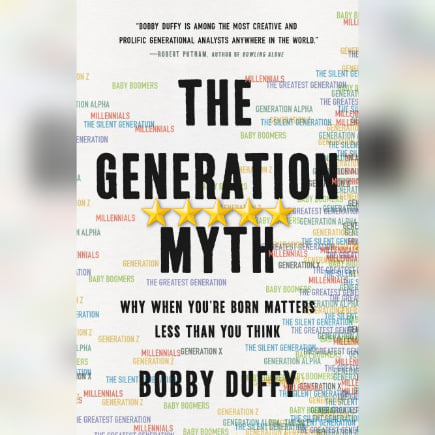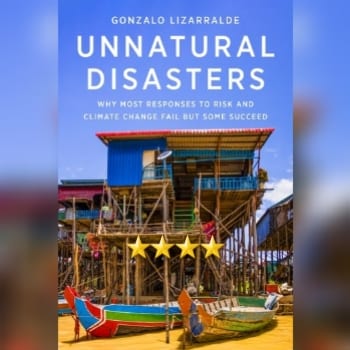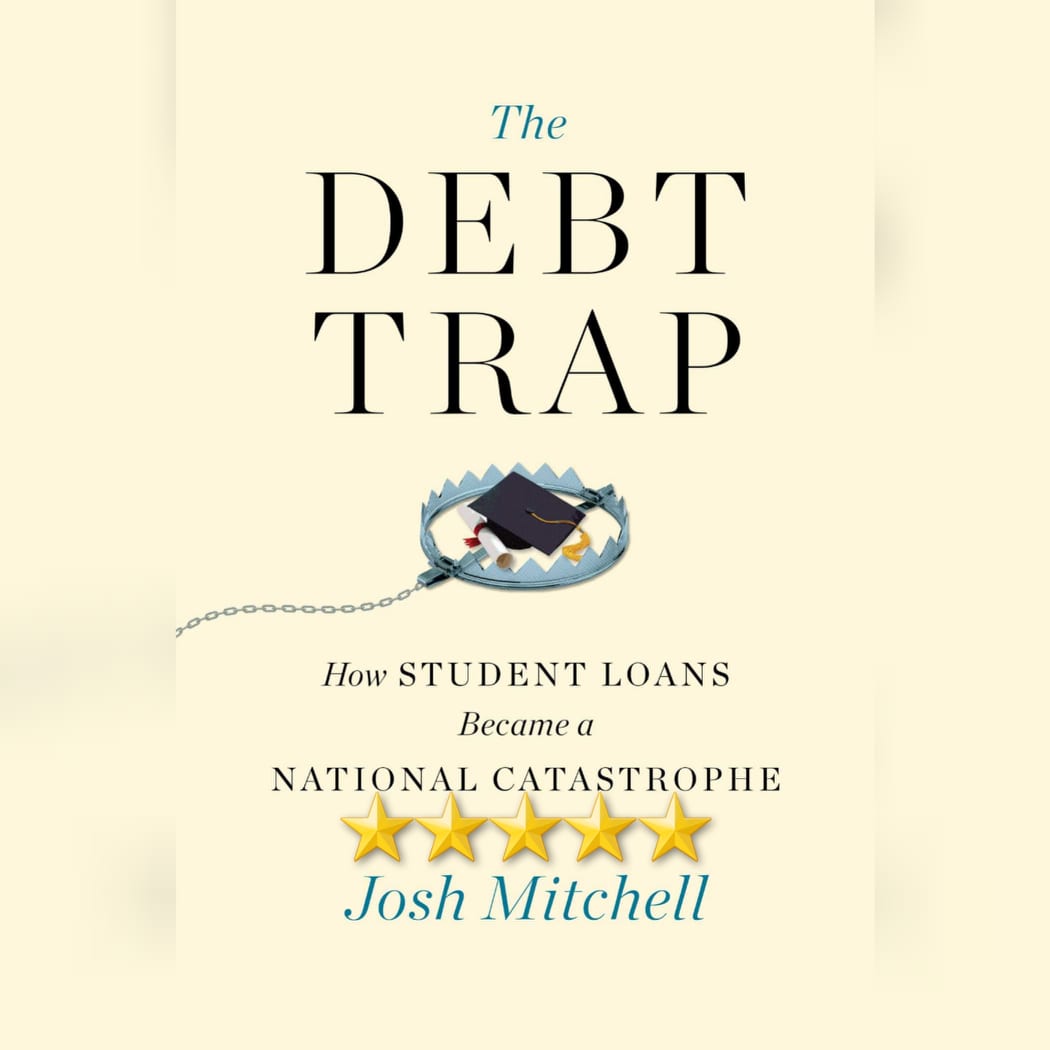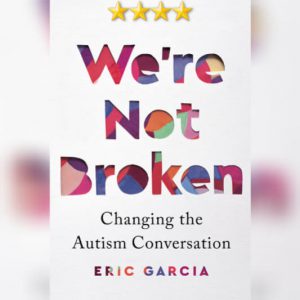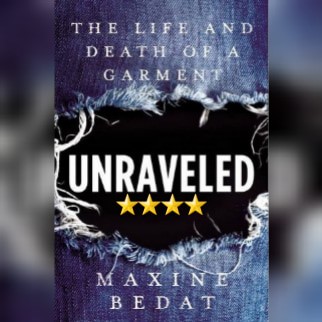Interesting And Well Documented Read. In this book, Duffy shows that what the media so often (and so lazily) proclaims to be “generational” divides… usually aren’t really. Yes, there is a generational component to at least some things, but time period (specifically for that “coming of age” period but also more generally throughout the individual’s life) and life progression play equally critical roles, and in many cases *more* critical roles, in showing how a particular group of people generally feel about a given issue. One of the things that makes the book a bit interesting is that even while presenting this much more balanced view of this particular field, Duffy exposes himself as a “climate” alarmist/ extremist, either not knowing about or outright denying similar work to his own in that particular field. (Ie, work showing that even though media lazily points to one thing, there are actually several different things at play and in some cases far more critical to the issue at hand. One work here on that topic similar to Duffy’s on this one is Unsettled by Stephen Koonin, released just 6 months or so prior to this book’s publication).
Still, this book is truly a remarkable work in its field (at least to someone who is *not* a fellow academic or in that field at all) and seems to be fairly comprehensive in its focus, even as its primary and secondary national emphases are the UK and the US, respectively. It looks at many, many issues from the social to the political and even to the personal, from housing to gender identity and sexual activity to political leanings and many, many more. This is also a fairly well documented text, with its bibliography clocking in at about 32% of the overall text – while not the *highest* I’ve noted in my work with advanced review copies, easily among the higher echelons there. Very much recommended.
This review of The Generation Myth by Bobby Duffy was originally written on September 14, 2021.

